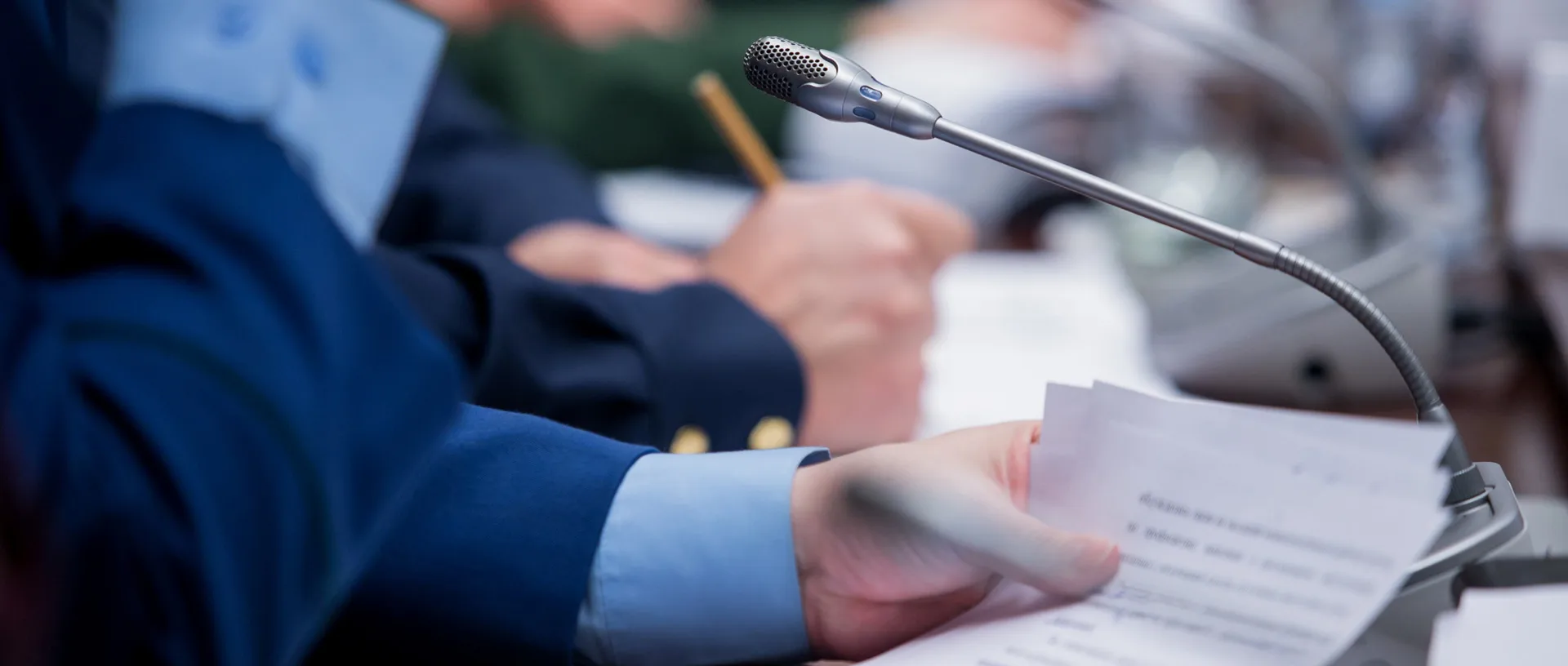“Science should act as an honest broker” and “Science should inform, not legitimize” are two of the nine “Vienna theses on science-based advice to politics and society” that the President of the German National Academy of Sciences Leopoldina, Gerald Haug, and the President of the Austrian Academy of Sciences (OeAW), Heinz Faßmann, are putting up for discussion at today’s Joint Academy Day in Vienna.
The task of science in its function as an advisor to politics and society is being subjected to scrutiny in the wake of the COVID-19 pandemic. What role should scientists play when advising politicians? Should politicians always take the advice of scientific assessments? How should scientists communicate if there is no consensus among themselves? With regard to questions like these, the “Vienna Theses” seek to provide an impetus for further discussion about the relationship between science, politics and the public, which has come under the public spotlight.
How science and politics can work together
OeAW President Faßmann says: “Science and politics should work together but must not switch roles. In times of crisis like those during the COVID-19 pandemic, the boundaries have sometimes been blurred: Scientists acted like politicians and politics hid behind science. I am pleased that, together with the Leopoldina, we are putting the “Vienna Theses” up for discussion today in order to provide impetus for future science-based advice to politics and society.”
Leopoldina President Haug emphasizes: “The dialogue between our national academies of sciences about the tasks and forms of science-based policy advice offers the opportunity to learn from both sides’ previous experiences. The “Vienna Theses” formulate some of the most important conclusions from this dialogue, which we will continue to work on as we share our experiences in the future.”
The “Vienna Theses” put the tasks and requirements of science-based advice up for discussion and reflect important experiences of the academies of sciences during the coronavirus pandemic. They explain the role of science in advising politics and society as one that usually does not recommend a single option, but rather transparently provides different options based on scientific evidence.
This also makes clear that political representatives should not be relieved of the decision-making burden through science-based advice. This competence remains exclusively with politics.
The aim of science-based advice is to present a broad scientific consensus. But this is not an end in itself. Possible dissent should be well founded and presented transparently.
Academies of sciences are described in the “Vienna Theses” as credible sources of information for politics and society and as forums for critical scientific reflection.
